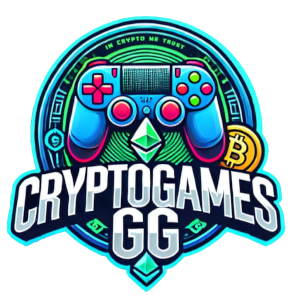In Brief:
- High Revenue per User: The blockchain-powered MMORPG Lordnine boasts an impressive average revenue per paying user (ARPPU) of $1,500.
- Extensive Trading: Over $15 million worth of NFT items have been traded in the game’s blockchain-based marketplace within just the first month.
- Strong User Retention: Use of Tether for in-game rewards has led to significant retention, with 89% of users remaining active on the market 30 days after their first purchase.
Line Next has recently revealed that Lordnine: Infinite Class, a mobile/PC MMORPG developed by Smilegate, achieved more than $15 million in cumulative NFT item trading through its blockchain-based marketplace in just the first month since launch. The game, which is accessible in 35 countries, including major markets like South Korea, Taiwan, Japan, Thailand, and the Philippines, integrates a form of the Tether stablecoin on Line’s Kaia blockchain both as an in-game currency and for user rewards.
Remarkably, the ARPPU of Lordnine has reached $1,500, which is 28% higher than the ARPPU of typical web2 users. This high spending per user underscores the game’s ability to monetize its offering effectively amid a growing market for blockchain-based games. Moreover, the in-game prize pool currently stands at a substantial $250,000. Line reports that 90% of these in-game rewards are reinvested back into the marketplace by players, with only 10% being cashed out.

The Tether currency not only facilitates transactions but has also been vital in enhancing user engagement and retention. Statistics show that Tether now represents 41% of the total trading volume on the marketplace, a significant rise from just 5% in the previous month. Furthermore, the use of Tether for transactional purposes in the game has seen 89% of the players remain active on the market for 30 days after their initial purchase, a retention rate that is 11 times higher than regular gamers.
In a bid to sustain and possibly increase participation, Line Next is planning to expand its offerings within the marketplace. This includes the introduction of exclusive in-game products that can only be traded on the marketplace and improvements to the mission and rewards system to motivate wider participation.
These initiatives highlight the potential of integrating cryptocurrency and blockchain technology into gaming, not only for enhancing user engagement but also for opening up new revenue streams and monetization strategies in the gaming industry.












